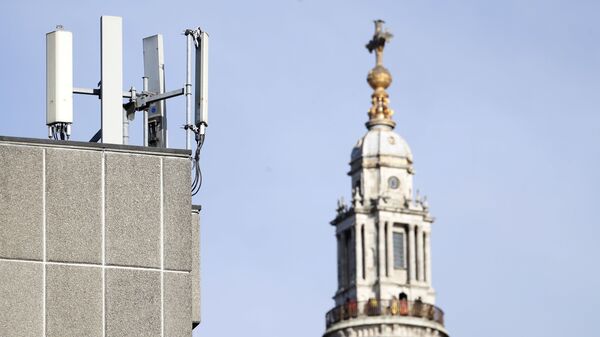Stephen Powis, National Medical Director of NHS England, has stepped forward to debunk speculation and conspiracy theories related to the alleged links between coronavirus and 5G.
Addressing the wild tales about 5G masts being somehow involved in the spread of the coronavirus, Powis stated that such theories are utter nonsense.
"The 5G story is complete and utter rubbish, it's nonsense, it's the worst kind of fake news," Powis said. "The reality is that the mobile phone networks are absolutely critical to all of us, particularly at a time when we are asking people to stay at home."
He also noted that the system in question is "also the phone networks that are used by our emergency services and our health workers", adding that he's outraged and disgusted by the fact that some people would take action against the very infrastructure needed to "respond to this health emergency".
His concerns were echoed by British Minister for the Cabinet Office Michael Gove who, when asked by a reporter about the aforementioned theory, dismissed it as "just nonsense, dangerous nonsense as well".
Earlier this week, mobile phone masts in Sparkhill, Birmingham and in Melling, Merseyside were set alight, BBC reports, noting that the incidents took place on 2 April and on 3 April respectively.
According to the media outlet, Merseyside Fire and Rescue Service said it extinguished a fire at a 5G mast, while West Midlands Fire Service said the cause of the incident in Birmingham was "yet to be identified" and couldn't confirm whether the "70ft tower on a telecommunications site" in question was 5G.
And social media giant Facebook has already removed one group of anti-5G activists where users were apparently encouraged to "supply footage of them destroying mobile phone equipment, with some contributors seemingly under the pretence that it may stop the spread of coronavirus", The Guardian reports.
The COVID-19 coronavirus made headlines late in 2019 during its outbreak in the Chinese city of Wuhan, and has since spread across the world, leading the World Health Organization to declare it a global pandemic.
By 4 April, the number of people who contracted this malady reached 1,051,635, with the number of fatalities being 56,985, according to the data available on the WHO official website.



